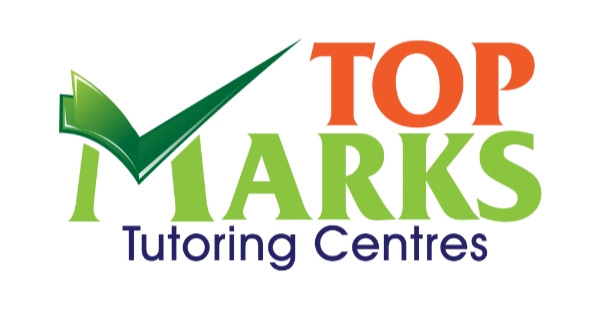Classroom of the Future Melbourne
Thursday 3 - Friday 4 September 2026
Melbourne Convention & Exhibition Centre
What will learning look like in the years ahead? Will classrooms still have four walls? Will teachers still stand at the front? Or will immersive technologies, flexible spaces, and student-led learning redefine the very concept of “school”? The Classroom of the Future stream invites educators, designers, technologists, and visionaries to explore how learning environments are evolving—and what’s next.
The classroom of the future isn’t just about gadgets—it’s about purposeful design, progressive pedagogy, and empowering learners. It’s about creating spaces and systems that reflect the world students are growing into—not the one we grew up in.
Registration to attend Classroom of the Future and co located The Education Show is free. Customise your PD and attend as many sessions as you like. All sessions are eligible for PD hours. Conference tickets include access to all Classroom of the Future sessions.



